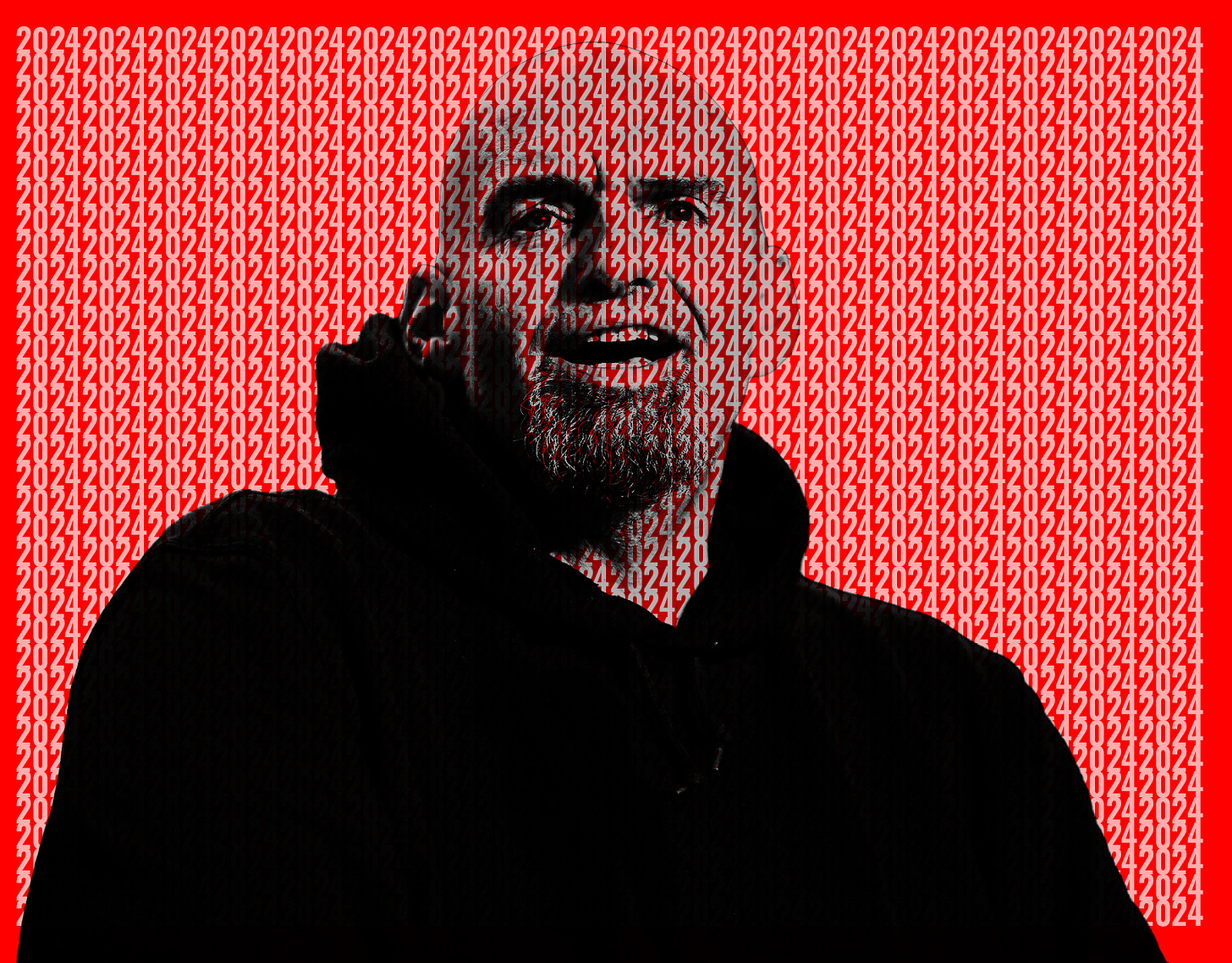Mark It: On Thursday night I’ll be joined on TNB by Bill Kristol and Tim Miller to give you a sense of where we are less than two weeks out from Election Day.
Thursday, 8pm Eastern. Only for Bulwark+ members. Leave us a question.
1) What Do Journalists Do?
Last night while John Fetterman and Sen. Dr. Oz were debating, a small skirmish broke out on Twitter between some journalists and some Democrats. Here’s the short version:
Let’s talk about this.
First, a stipulation: I agree with Dreyfuss on principle. Totally and completely. That’s literally part of the mission statement at The Bulwark: We tell you what we really think.1
But can you explain to me why the Washington Post pays Hugh Hewitt? Or what is being produced at Fox? Or the Wall Street Journal? Or basically anywhere in conservative media?
Dreyfuss says that if you’re not telling people what you really think, then you’re bad at your job. Is that true? For some jobs in this industry, yes. For jobs in the “mainstream” media, or in “real journalism,” mostly yes. At The Bulwark, yes.
But for many jobs in other precincts of journalism, the mission is to rep the team. No matter what. Arguing for Team Red is the entirety of the job. It is both what the audience wants and what the journalistic institution pays for.
Now, you can say, “Oh, but those aren’t real journalists at those places.” Why not? They sure as shit get treated like real journalists. They have platforms and credentials and audiences and lawyers and advertisers and subscribers. They say that they’re real journalists and there’s no professional licensing board to say they’re wrong.
What has happened in America is that we have a two-tier system of standards.2 We expect “real journalists” to tell us what they really think. Imperfectly, and with some biases; we know they do and will make mistakes and all that. Granted. But what we expect from “conservative journalists” is entirely different. We expect them to act as perpetual propagandists for their team.3
Those expectations are baked into the culture, on both sides. No one questions them.
I would like to tell you that in the long run, the relative diversity and honesty of “real journalists” will strengthen the cause of liberal democracy. That being honest about what you really think is a form of road-testing ideas, which invites good feedback and spurs meaningful debate, which refines those ideas, which in turn helps our democracy self-correct. I’d like to tell you that propaganda is brittle and self-recursive and ineffective.
But I don’t think that’s the truth.





